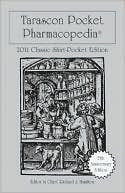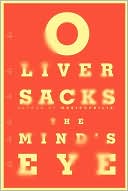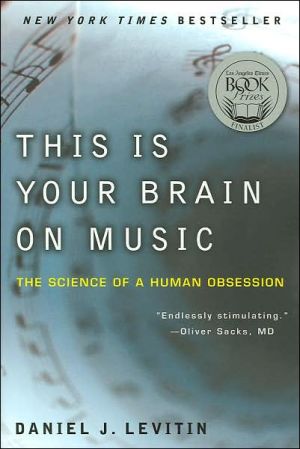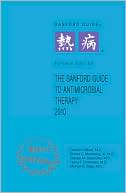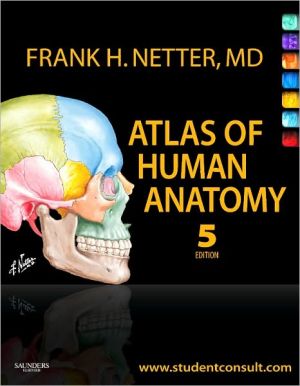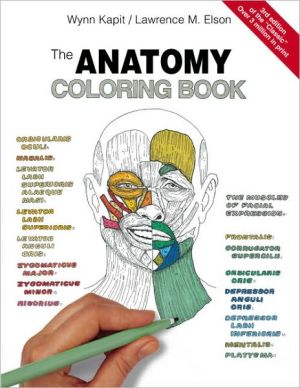Drive: Neurobiological and Molecular Mechanisms of Sexual Motivation
Search in google:
What arouses an animal or human from an inactive, nonresponsive state to a condition of activity and responsiveness? What are the biological mechanisms for this change? In this book Donald W. Pfaff focuses on a reproductive behavior typical of many female animals. Sensory stimuli from the male trigger responses in a well-defined circuit of nerve cells. At the top of the circuit, certain nerve cells receive and retain sex hormones such as estrogens and progesterone. As a result, specific genes in these nerve cells are turned on at specific times, affecting in turn the rest of the neural circuit and causing a state of sexual responsiveness.According to Pfaff, the biological bases for the most primitive human drives are largely explained by mechanisms uncovered in animal brains that have not changed in their fundamental properties over millions of years of evolution. Focusing on a single instinctive behavior, in this case the sex drive, is an important step toward understanding the biological reasons for the change from unmotivated to motivated animal behavior.
PrefaceAcknowledgmentsIIntroduction: Features of Drive11Questions and Arguments3ANeuroanatomy of Drive4BGenes in the Nervous System Controlling Behavior10CBiological Axioms: A Harmony of Mechanisms Satisfy Biological Requirements12DLibido: Humans as Animals13EMore Global Effects of Hormones on Behavior13FSummary152Slaves of Love?17AHierarchies of Drive18BSummary23IIFindings and Proofs253Tropisms27AJacques Loeb's Tropisms28BScorpions30CFlies30DFish33ESummary334The Concept of Drive35ALogical Need for Motivational Concepts36BCriteria for Proof (Illustrated)36CTwo-Component Theory of Drive40DSummary455Hormone-Controlled Drives47ASex Hormone Effects in Animals and Humans48BPrinciples of Hormone Actions on Behavior51CHormone-Sensitive Neurons in the Brains of Vertebrates59DSex Differences72ESummary756Neural Explanation of Hormone-Controlled Drive77AA Neural Circuit for a Mammalian Mating Behavior78BOrchestration of External and Internal Influences on Biologically Appropriate Reproduction, Using the Circuit100CEnvironmental Limitations on the Circuit that Satisfy Biological Axioms110DSmell114ESummary1197Genetic Influences on Hormone-Controlled Drive123ASex Hormone Effects on Genes in the Brain123BInfluences of Genes on Behavior148CSex Differences as Examples of Genetic Effects162DSummary1658Libido167AFreud and Libido167BCan Studies of Libido Help to Approach One Component of the Mind-Body Problem?169CBiological Domains Related to Libido and Conserved from Animal Brains to Human Brains and Behavior170DSummary1889From Molecular and Neural Fact to Behavioral Explanation189ADrive, Motivation189BMechanisms190CGenes193DSymphony195ELibido199IIIBeyond Sex: Global Actions of Hormones on Brain20110Affiliation versus Aggression: Oxytocin versus Vasopression203APhysiology203BMolecular Biology208CComparisons to Another Neuropeptide: Gonadotropin-Releasing Hormone214DDifferent Neuroanatomical Systems for Different Drives220ESummary22111Reproductive Hormones, Neuronal Growth, and Cognition223AEstrogen-Stimulated Growth of Nerve Cells224BHormones and Neuronal Repair234CImplications for Cognitive Functions236DHormone Effects on Mood and Anxiety240ESummary24312Reflection245References251Index303



